S.ANNA
Altro PhD (Economics)
Andrea ROVENTINI
2
18
Y
The course provides an overview of agent-based macroeconomics. After having discussed the limit of standard Dynamic Stochastic General Equilibrium (DSGE) models, the agent-based computational economic approach is presented, stressing how it can be employed for economic policy. Different agent-based models are then introduced (i) to stress the role of agent heterogeneity and interactions for the emergence of endogenous growth; (ii) to study how the economy self-organize after business-cycle shocks; (ii) to analyse the joint impact of monetary and macro-prudential policies; (iv) to assess how endogenous growth, catching-up and divergence emerge in an open-economy, multy-country framework. Finally, the family of the Schumpeter meeting Keynes (K+S) models is presented, stressing its capability to jointly account for endogenous growth and fluctuations and macro and micro stylized facts. The K+S model is employed as a laboratory to study the short-and long-run impact of different ensembles of innovation, industrial, monetary, fiscal, monetary, labour market climate policies. Syllabus: (1) From DSGE models to macroeconomic ABMS, (2) Exploring the role of heterogeneity and interactions with ÒsimpleÓ macro ABMs. (3) Topics in agent-based macroeconomics. (4) The family of Schumpeter meeting Keynes models.










